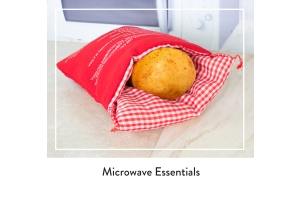Veganism: Pros and Cons

As January comes around, so does the yearly tradition of Veganuary: the month dedicated to following a vegan lifestyle. Veganism follows the practice of not eating any animal products – that means nothing containing meat, milk, eggs, or honey is eaten. As daunting as it may sound, more and more vegan options are popping up on the British Highstreet and in supermarkets, as suppliers recognise the demand for plant-based meals. If you’re thinking of trying out a vegan diet, even as one meal a week, it’s best to know what you’re getting yourself into first! We’ve written down the pros and cons of a plant-based diet, so you’ve got all the information you need to make the right choice for you.
Pro: Vegans are at reduced risk for illness
According to some studies, eating a vegan diet can put you at reduced risk for some common diseases and illnesses, such as diabetes, hypertension, and heart disease. However, many people who follow a vegan diet have the flexibility and financial ability to control their diet. The same people with the time and funds to eat healthier may also find it easier to find time to exercise, so it can’t be said 100% that a vegan diet is the sole reason vegans are at lower risk of disease.
Con: Vegan diets can lack essential nutrients
Although fruits and vegetables are high in nutritious vitamins and minerals, it can be hard to get all the nutrients you need. Calcium, B12 and omega-3 fatty acids are difficult to get from plant-based foods, so often must be supplemented alongside. This can be expensive and inconvenient.
Pro: Veganism can aid with weight loss
A restricted diet can result in many new vegans shedding a few pounds as they get used to their new eating habits. Less saturated fats and less high-calorie options like cheeses mean that your diet is healthier overall, helping you to lose weight.
Con: Vegan diets aren’t recommended for people with certain health conditions
Depending on the status of your health, your doctor may discourage you from following a vegan diet. Illnesses that require a lot of calcium to help maintain strength in bones, like osteoporosis, still advise you to consume dairy, as this is the number one source of calcium.
Pro: It’s better for animal welfare
No animals are directly harmed or killed for a vegan diet. This removes the need for massive abattoirs and reduces animal abuse cases on factory or boutique farms. Often, this fact alone is enough for many animal lovers to switch over to a plant-based diet, or even just eat less meat.
Con: It’s more difficult to eat out at restaurants and events
As much as it has improved, many restaurants still only offer a small selection of vegan friendly meals. Independent restaurants, cafes and pubs may not offer any at all, which reduces your choice when it comes to having a nice meal out.








